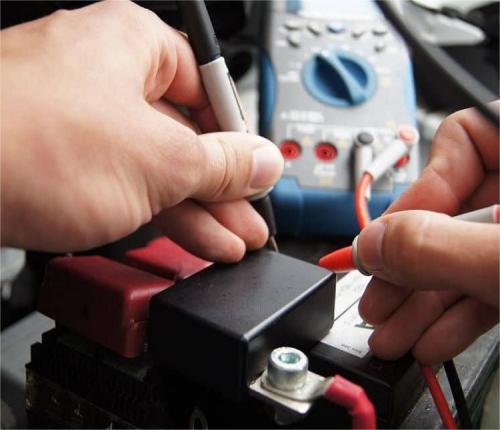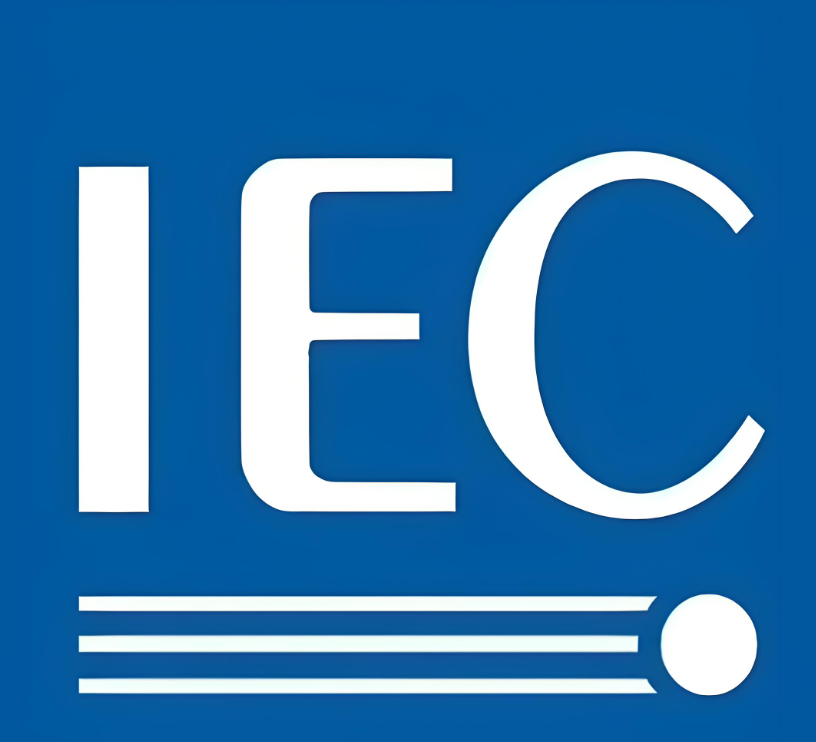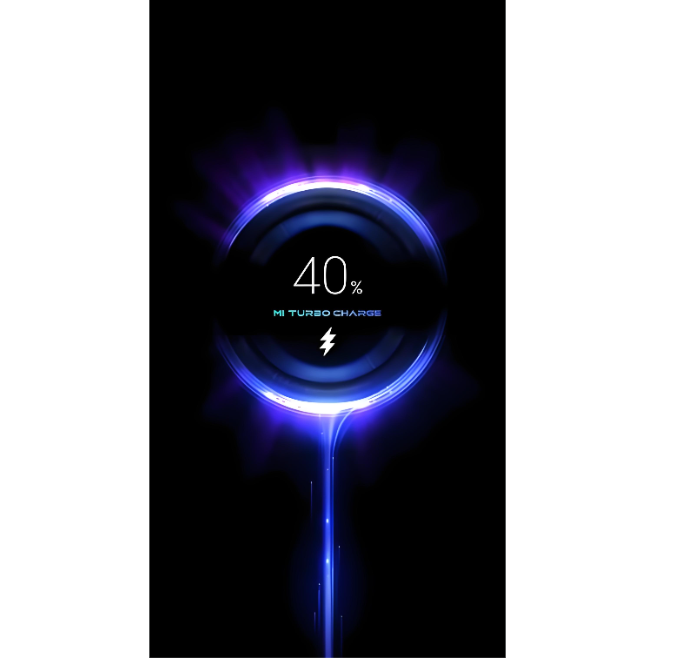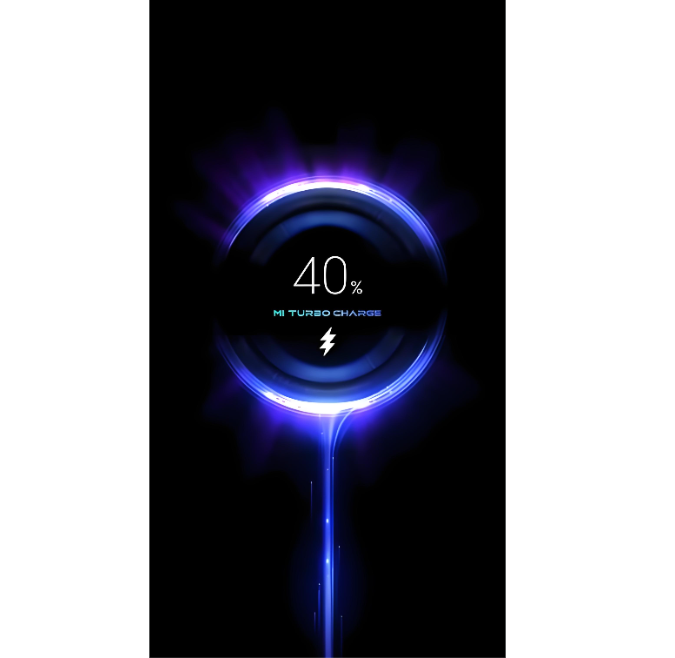Lithium-Ion Battery Care Guide
Power batteries are rechargeable batteries that provide power sources for new energy vehicles. Their main function is to convert chemical energy into electrical energy to drive the motor and enable the vehicle to move. Unlike the engines of traditional fuel vehicles, power batteries, as a clean energy storage device, are one of the core components of new energy vehicles and directly determine the vehicle's performance, range, and usage cost.
The development of power batteries has gone through multiple stages. In the early days, lead-acid batteries were widely used in some low-speed electric vehicles due to their mature technology and low cost. However, as the requirements for range, energy density, and charging speed of new energy vehicles have continued to increase, lithium-ion batteries have gradually emerged. Lithium-ion batteries have significant advantages such as high energy density, long cycle life, and low self-discharge rate, making them the mainstream type of power battery at present. In recent years, researchers have been constantly exploring new battery technologies, such as solid-state batteries, which are expected to achieve greater breakthroughs in safety, energy density, and other aspects, further promoting the development of the new energy vehicle industry.
If you want to know more about lithium batteries, please consult info@lishenpower.com.







